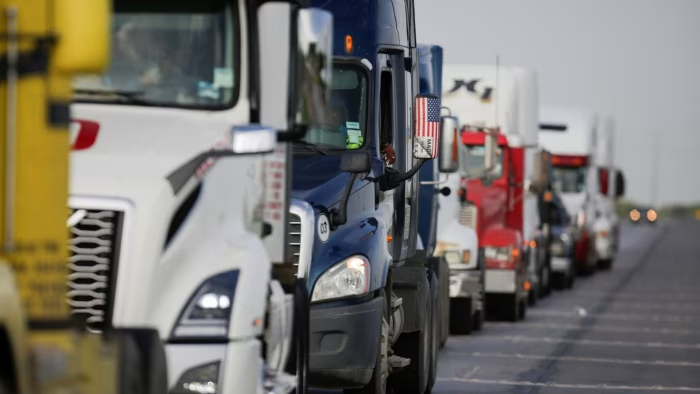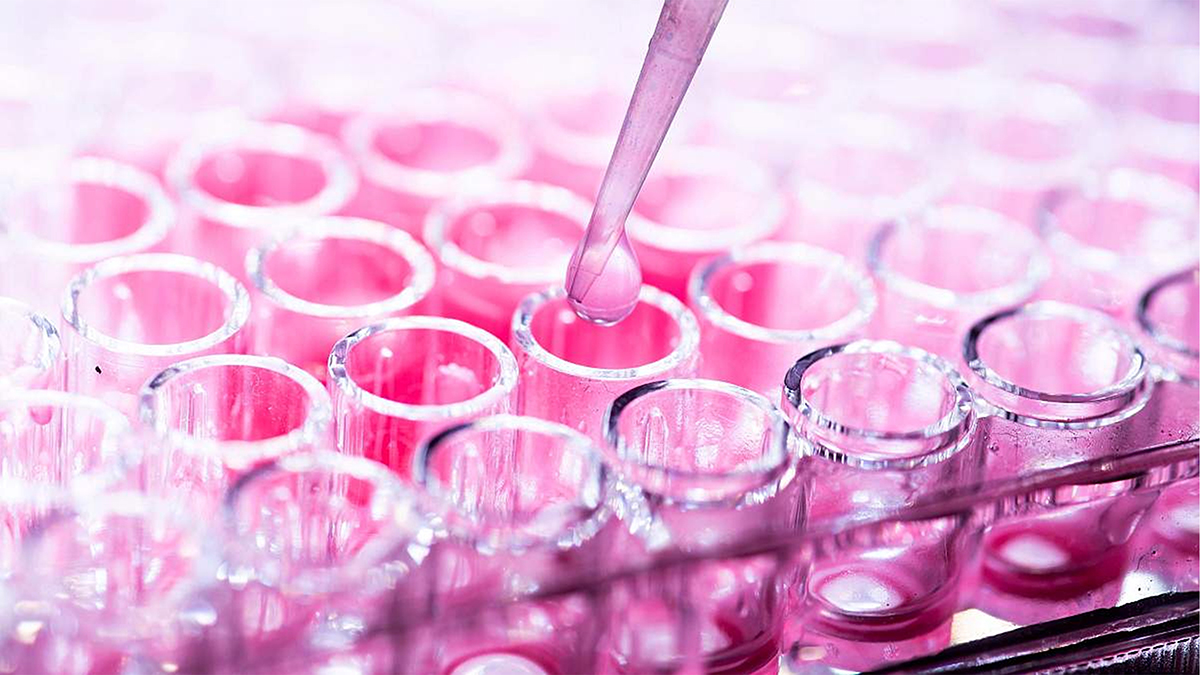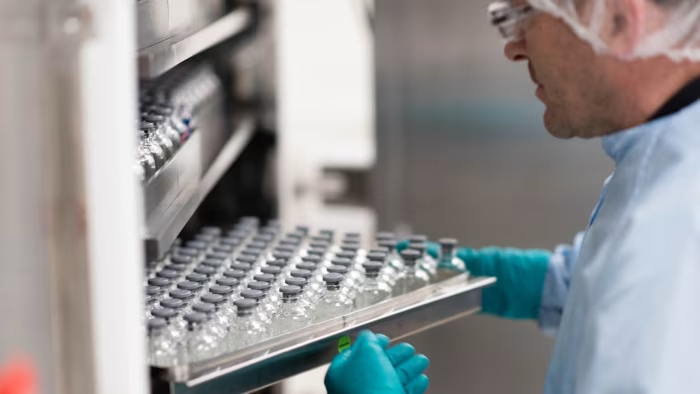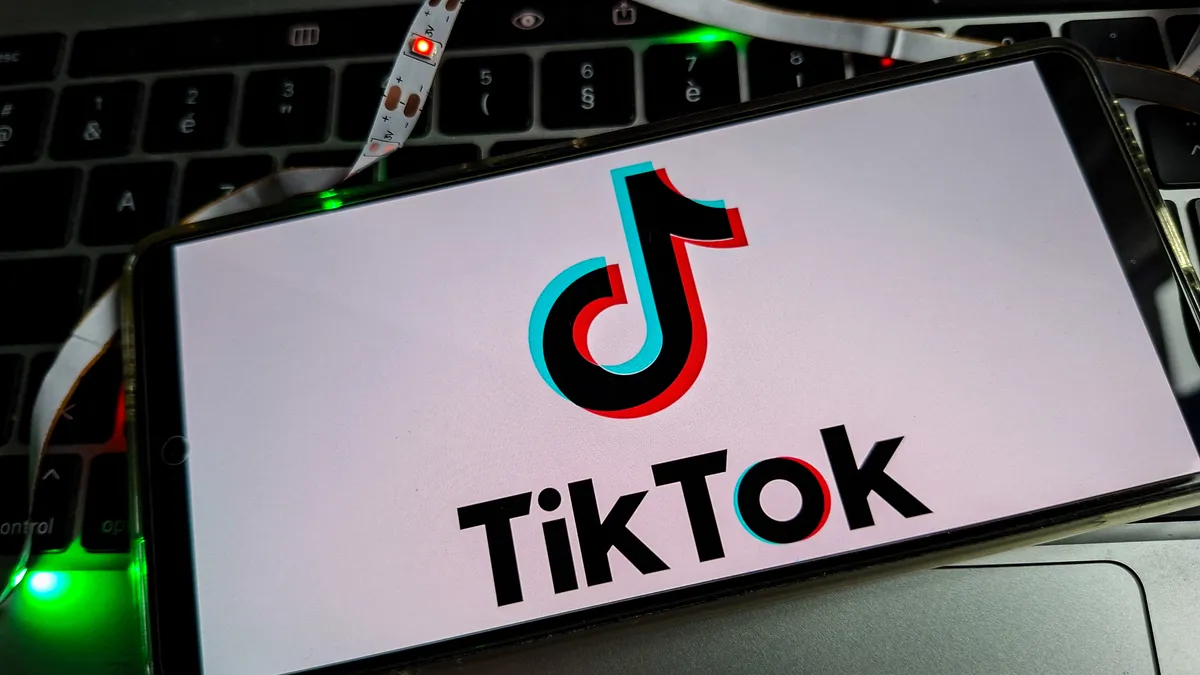Walking through the Art Gallery of South Australia (AGSA) alongside Nici Cumpston, it’s as if the Barkandji artist and curator is surrounded by old friends.
For the past 10 years, Cumpston’s role as artistic director of Tarnanthi festival of…

Walking through the Art Gallery of South Australia (AGSA) alongside Nici Cumpston, it’s as if the Barkandji artist and curator is surrounded by old friends.
For the past 10 years, Cumpston’s role as artistic director of Tarnanthi festival of…


Unlock the White House Watch newsletter for free
Your guide to what Trump’s second term means for Washington, business and the world
The US will offer tariff relief for trucks and parts imported from Mexico and Canada, softening the blow to American companies from the 25 per cent levies that are set to be imposed early next month.
Washington is preparing to impose new tariffs on medium and heavy-duty trucks imported to the US from November 1, as announced by US President Donald Trump this month on Truth Social.
But senior administration officials outlined a carve-out for trucks and their parts that comply with the terms of Trump’s 2020 United States-Mexico-Canada Agreement.
Those trucks will only face the duty on their non-US content, while parts will remain tariff-free until the commerce department produces a methodology to tariff the non-US content portion.
US officials also said they would extend a tariff relief scheme launched for cars made in the country earlier this year, meaning carmakers would have longer to claim relief, and trucks would also be eligible.
Since returning to the White House, Trump has unleashed sweeping tariffs on the automotive, steel, aluminium and copper sectors in a bid to boost domestic production.
Earlier this year, the government launched a rebate scheme allowing carmakers that assemble vehicles in the US to reclaim up to 3.75 per cent of the retail value of the car for the next year.
On Friday, the Trump administration said it would extend that rebate scheme to 2030, allowing car and truck manufacturers to claim the 3.75 per cent value for the next five years.
An official said the changes were aimed at “making it as cost competitive as possible to produce these vehicles in the US”.
Officials said they would develop a similar scheme for use by companies that are manufacturing engines in the US, and unveiled new tariffs of 10 per cent on buses.
Trump’s trade war has triggered anxiety across the North American auto supply chain and prompted US carmakers to furiously lobby against the imposition of new tariffs by Washington.
Big US carmakers — including GM, Ford and Stellantis — have spread their supply chains across the US, Canada and Mexico and ship parts back and forth across the borders multiple times in the manufacturing of a single vehicle.

Reposted from the Huntsman Cancer Institute.
New research from the University of Utah has found that lipids, a key feature of obesity, fuel tumor growth in an aggressive form of breast cancer. Findings from a National Cancer…

Researchers from the United States have confirmed that a new twist on a classic material could advance quantum computing.
The research team at Penn State University highlighted that the new approach could make modern data centers more energy…

Stay informed with free updates
Simply sign up to the Health sector myFT Digest — delivered directly to your inbox.
TPG and Blackstone are nearing a deal to buy medical technology group Hologic, in one of the biggest take-private deals of the year so far.
A deal could be announced as soon as early as next week, said people familiar with the matter. The private equity groups have agreed on the terms of the deal and have lined up debt financing, they added.
Hologic’s enterprise value stood at more than $16bn, including nearly $1bn in debt, as of market close on Friday, following months of takeover speculation surrounding the company best known for manufacturing breast cancer screening technology.
The Financial Times first reported in May that the pair of buyout groups had submitted an offer to the Massachusetts-based company of between $70 and $72 a share, or between $16.3bn and $16.7bn in enterprise value. That bid was rejected. Hologic shares closed up almost 2 per cent at $69.85 on Friday.
As recently as August last year, Hologic was valued near all-time highs at well in excess of $80 a share. But a combination of a drop-off in demand from breast cancer screening after the Covid-19 pandemic, a slowdown in exports to China and US government funding cuts that supported HIV testing hurt its revenues, leading its share price to tumble.
News that Hologic was nearing a deal to sell to TPG and Blackstone was reported earlier on Friday by Bloomberg.
Listed companies across the life sciences sector have faced challenges in recent months because of funding cuts from US government agencies including the National Institutes of Health and USAID carried out by President Donald Trump’s administration. Investor interest has also cooled significantly since the pandemic.
TPG and Blackstone have long been on the hunt for a target in the sector. Last year, they were in months of negotiations over a take-private deal for eyecare company Bausch + Lomb. Following the collapse of that deal they agreed to look for a new target in the sector, said people familiar with the matter.
The exact terms of the deal could not immediately be established. The people warned the timeline of the buyout could shift or a deal could collapse if it hit a last-minute snag.
With large amounts of dry powder, private equity has been putting money to work in recent months with a few big bets on listed companies, despite dealmaking in the sector proving sluggish.
Last month, a consortium made up of Saudi Arabia’s sovereign wealth fund, Silver Lake and Jared Kushner’s Affinity Partners struck a $55bn deal to take video games maker Electronic Arts private, in the biggest leveraged buyout of all time.
Earlier this year, Thoma Bravo agreed a $12.3bn deal to take Dayforce private, while Sycamore Partners recently closed its deal to take Walgreens private for $23.7bn.
TPG declined to comment. Hologic and Blackstone did not immediately respond for a comment.

TikTok comedian Steve Bridges has died at age 41, his wife confirmed on social media Friday.
Chelsey Bridges said her husband of 16 years, known for creating and portraying various characters in comedy skits online, died Oct. 15. She did not…